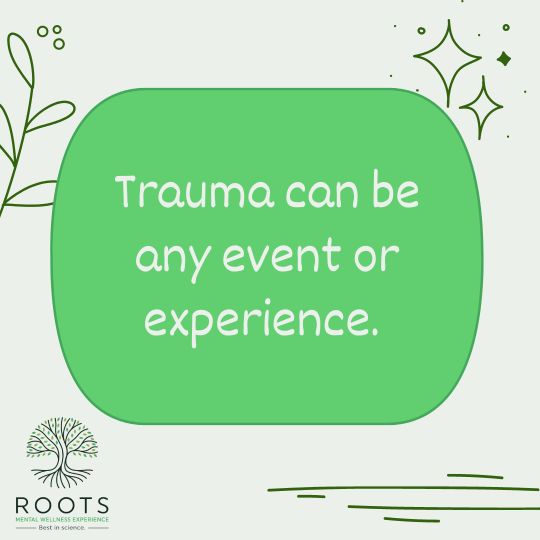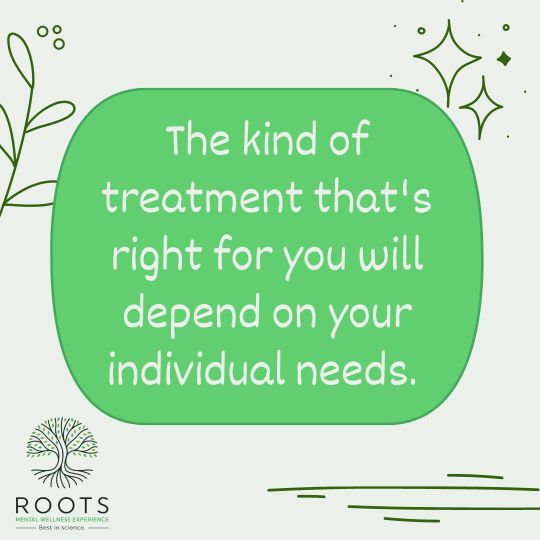When you think of “trauma,” you might picture a car accident or a natural disaster. But trauma can be any event or experience that covers a spiral model for post-traumatic stress disorder (PTSD). This model suggests that three types of circumstances contribute to the development of PTSD: prior trauma, recent trauma, and current stressors.
This article will discuss how trauma can affect one’s recovery journey and how to overcome it.
Three Types of Trauma Events
Prior trauma refers to events in childhood or adolescence, such as abuse, neglect, or witnessing violence. These experiences may make someone more vulnerable to developing PTSD after a subsequent traumatic event.
Recent trauma is the main event that leads to the development of PTSD. This event can be a single, isolated incident, such as rape or mugging. Or it can be an experience that occurs over time, like combat exposure or child abuse.
Current stressors are events or experiences that occur after the traumatic event and can prolong or worsen symptoms of PTSD. These stressors can include relationship problems, job loss, or financial difficulties.

How Does Trauma Affect Your Recovery Journey?
Trauma can profoundly affect your life and your ability to recover from addiction. The three types of trauma events (prior trauma, recent trauma, and current stressors) can each contribute to the development of PTSD. And PTSD can make it difficult to recover from addiction.
PTSD can affect your recovery journey in several ways, including:
Difficulty in handling and identifying emotions.
PTSD usually makes people more reactive. This can make it difficult to manage and healthily express emotions. It can also make it hard to identify what you’re feeling, making it difficult to cope productively.
Avoidance of people, places, and things that remind you of the trauma.
People with PTSD often avoid people, places, and things that remind them of the traumatic event. This avoidance can make it difficult to recover from addiction and cope with everyday life.
Hyperarousal or hypervigilance.
Hyperarousal is a state of being on edge, feeling jittery or jumpy, and having difficulty sleeping. Hypervigilance is a state of being overly alert to potential threats. These symptoms can make it difficult to relax, concentrate, or feel safe.

Flashbacks and intrusive thoughts.
Flashbacks are vivid, intrusive memories of the traumatic event. They can be so realistic that you feel like you’re reliving the event. Intrusive thoughts are unwanted, repetitive thoughts about the trauma. These thoughts can be so distressing that they interfere with your ability to live a normal life.
These are just some ways PTSD can affect your recovery journey. If you have PTSD, it’s important to seek treatment from a mental health professional specializing in trauma-related disorders.
Counseling for Trauma and Trauma-Focused Therapy
There are different types of counseling and therapy that can help you heal from trauma. The kind of treatment that’s right for you will depend on the severity of your symptoms and your personal preferences.
Counseling is a type of therapy that helps you talk about your thoughts and feelings in a safe, supportive environment. It can help you learn how to cope with your symptoms and make positive changes in your life.
Trauma-focused therapy is a type of counseling that focuses on helping you heal from trauma. In this therapy, you’ll talk about your trauma in a safe and supportive environment. You’ll also learn coping skills to help you manage your symptoms.
Both counseling and trauma-focused therapy can help treat PTSD. If you have PTSD, it’s important to seek treatment from a mental health professional. With treatment, you can learn how to manage your symptoms and begin to live a more normal life.

Medication for Trauma
There are different types of medication that can help you cope with symptoms of PTSD. The right medication for you will depend on your symptoms’ severity and personal preferences.
Some people with PTSD find that medication helps to reduce their symptoms. Medication can be used along with counseling or therapy to help you heal from trauma.
Different types of medication can be used to treat PTSD. The most common type of medication is an antidepressant medication. Antidepressants can help to reduce symptoms of depression, anxiety, and sleep problems.
Other types of medication that can be used to treat PTSD include anti-anxiety medication, antipsychotic medication, and beta-blockers. Beta-blockers can help to control the physical symptoms of anxiety, such as heart racing and sweating.
How to Start Healing from Trauma
If you’ve experienced trauma, it’s important to seek help from a mental health professional. With treatment, you can learn how to manage your symptoms and begin to live a more normal life.
Different types of treatment can help you heal from trauma. The type of treatment that’s right for you will depend on the severity of your symptoms and your personal preferences.
It is also important to remember that healing from trauma will take time. Some go through the process for years, while others may find that they never fully heal. However, it is possible to live a happy and healthy life despite your trauma with treatment and self-care.

Conclusion
If you or someone you know is struggling with trauma, many resources are available to help. The National Suicide Prevention Lifeline (1-800-273-8255) provides 24/7, free, confidential support for distressed people and prevention and crisis resources for loved ones. You can also call the SAMHSA National Helpline (1-800-662-HELP(4357)) for information on mental health services in your area.
We at Roots Recovery offer an integrative and holistic approach to treatment that is trauma-informed and evidence-based. Our program includes a variety of therapies, such as individual counseling, group therapy, family therapy, and post-traumatic stress disorder services. We also offer medication management and psychiatric services. Our goal is to help you heal from your trauma and live a happy and healthy life.
If you or someone you know is struggling with trauma, please reach out for help.

